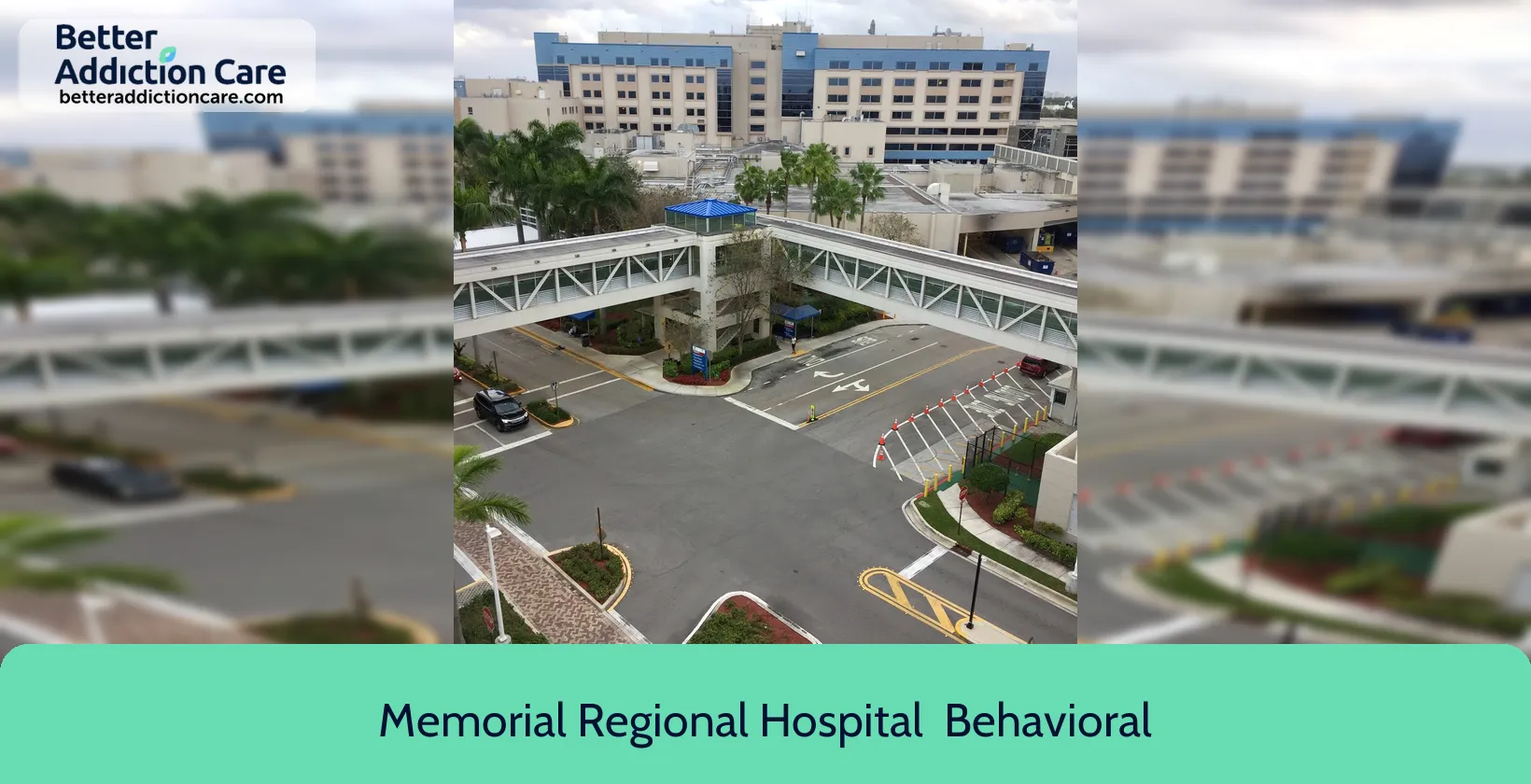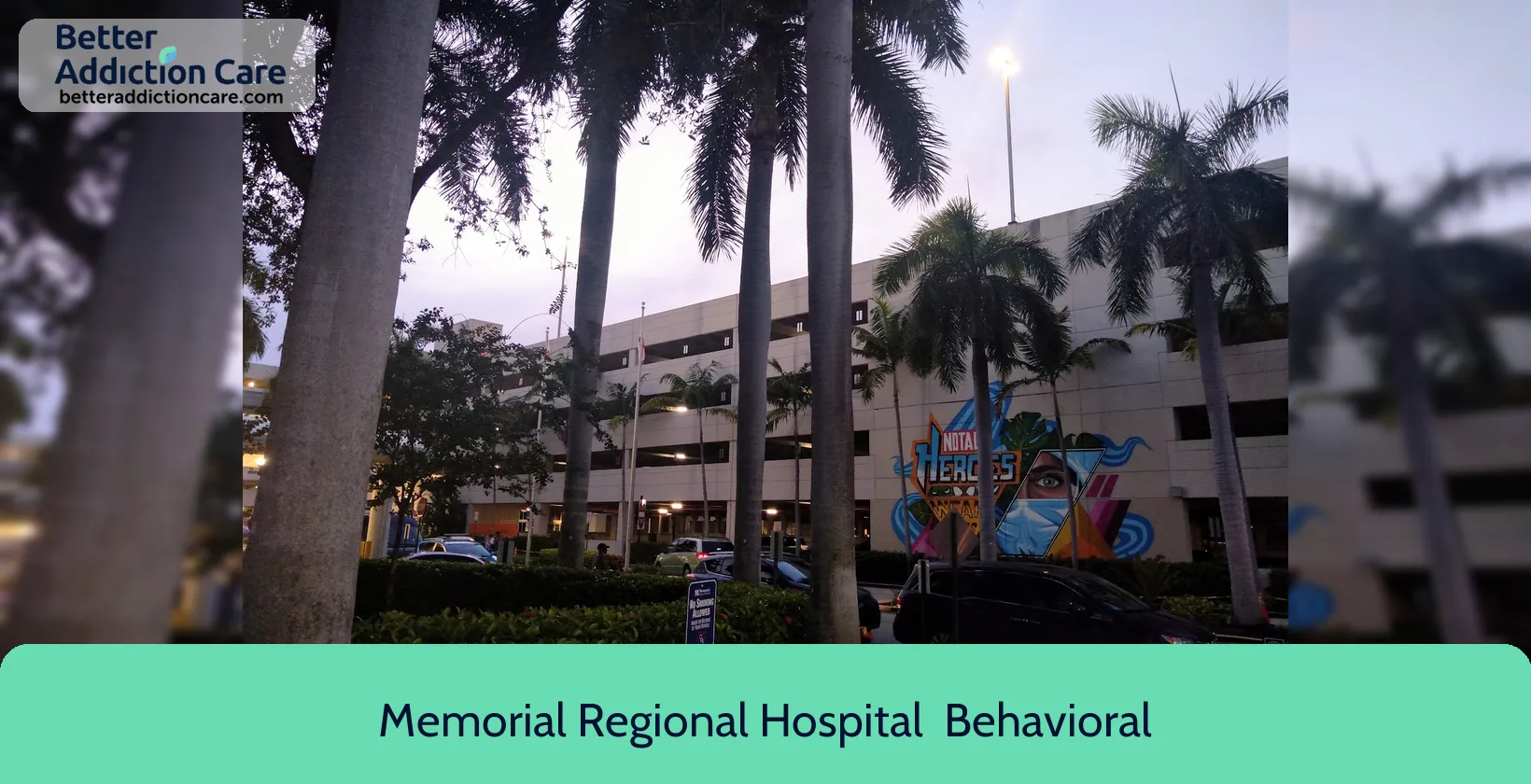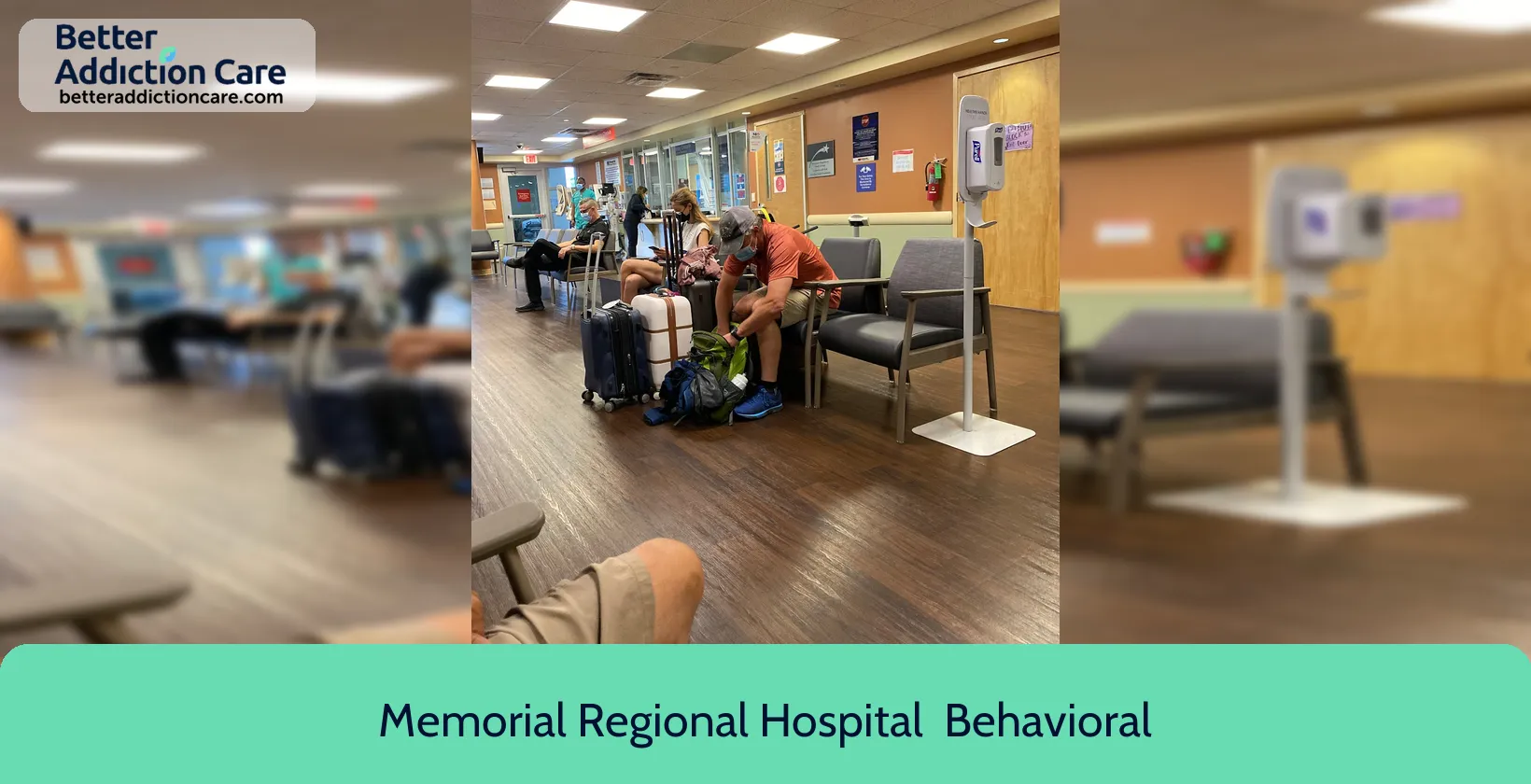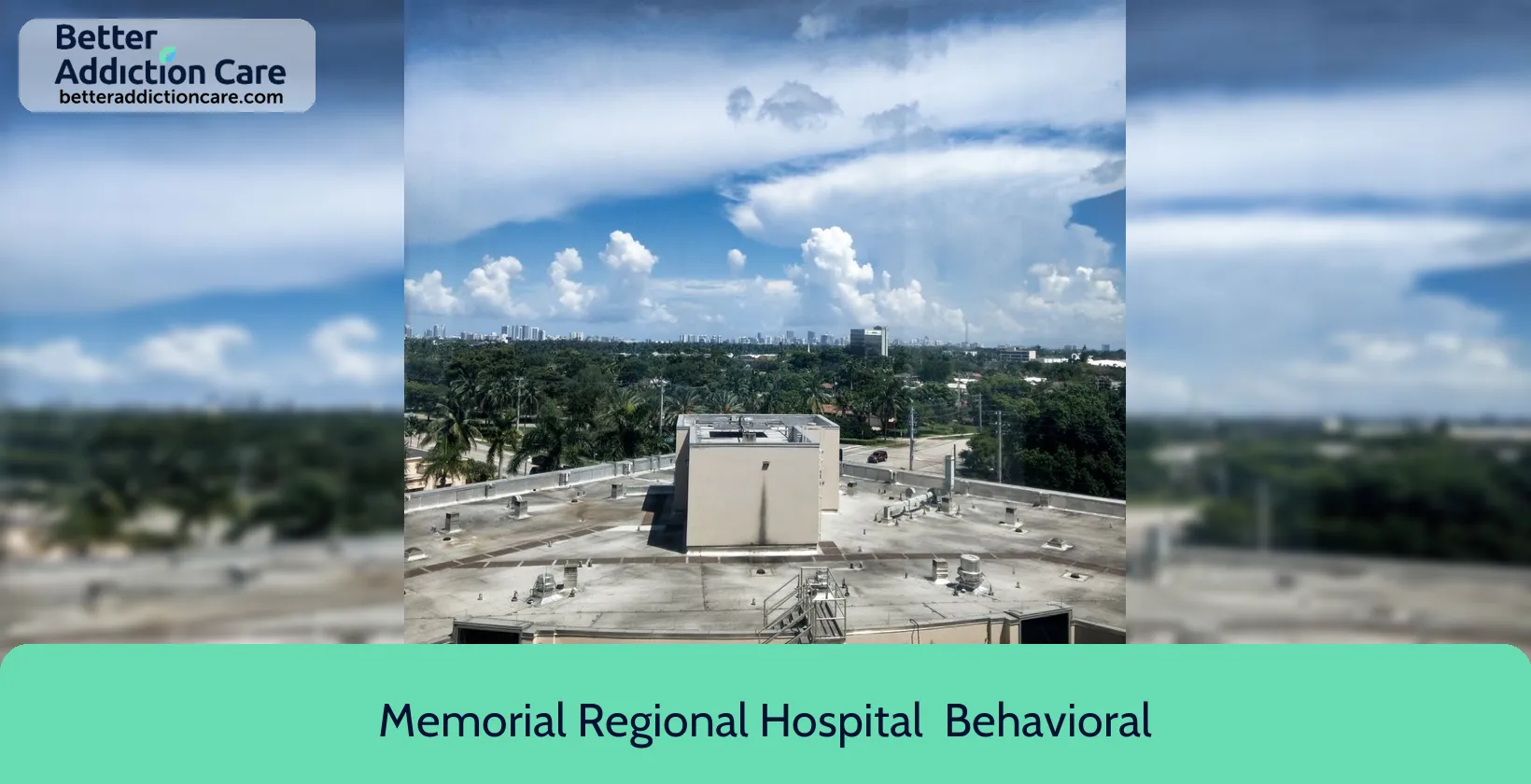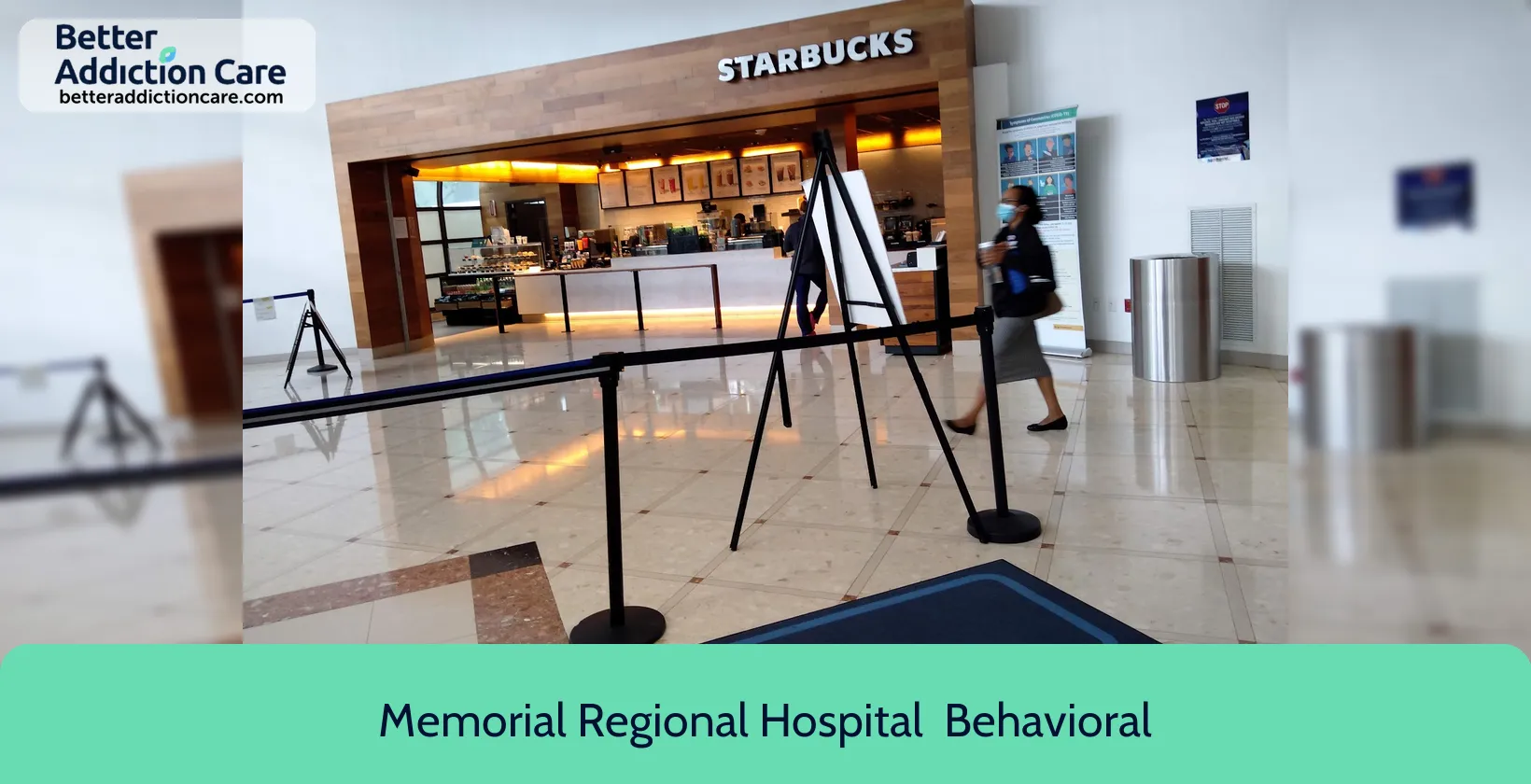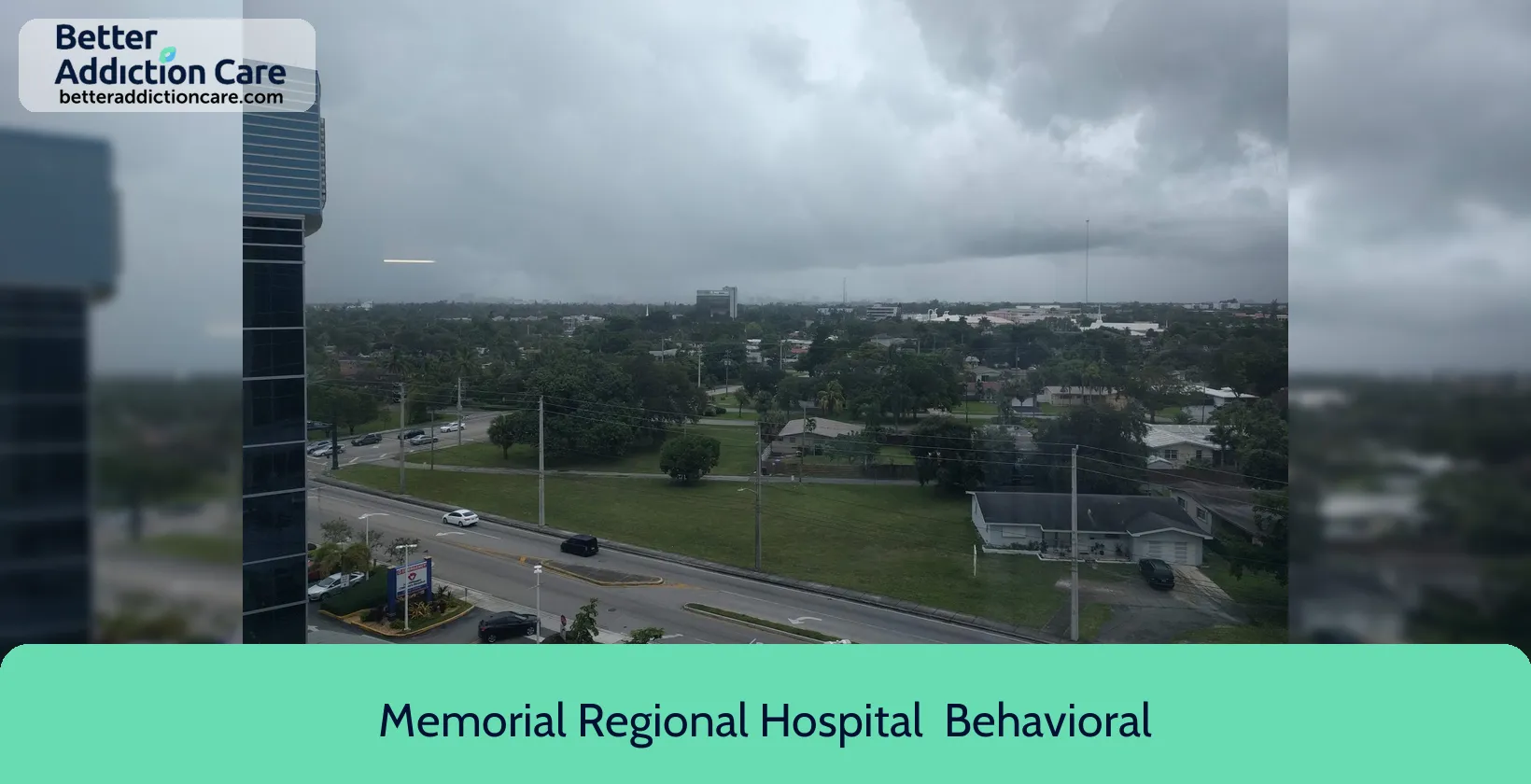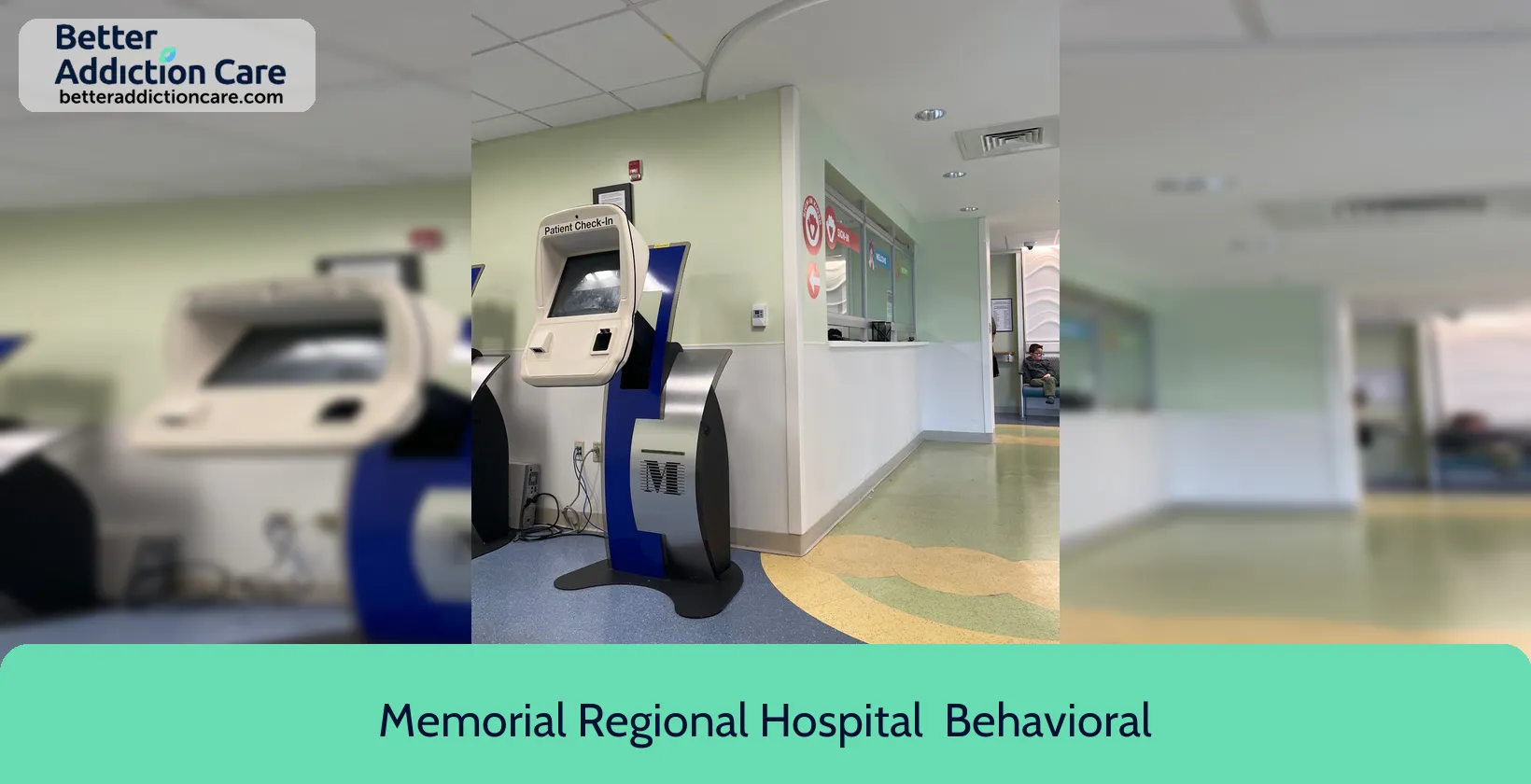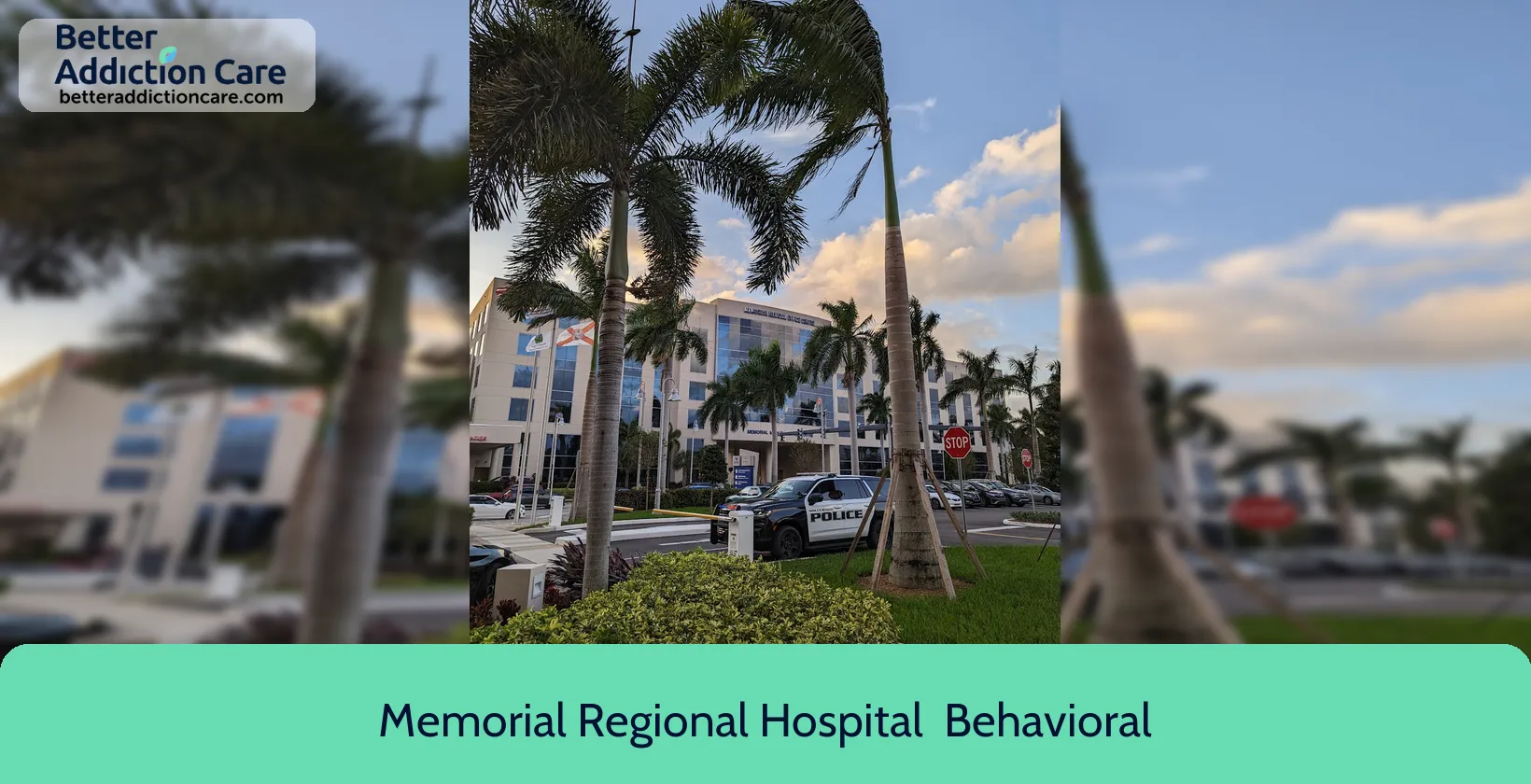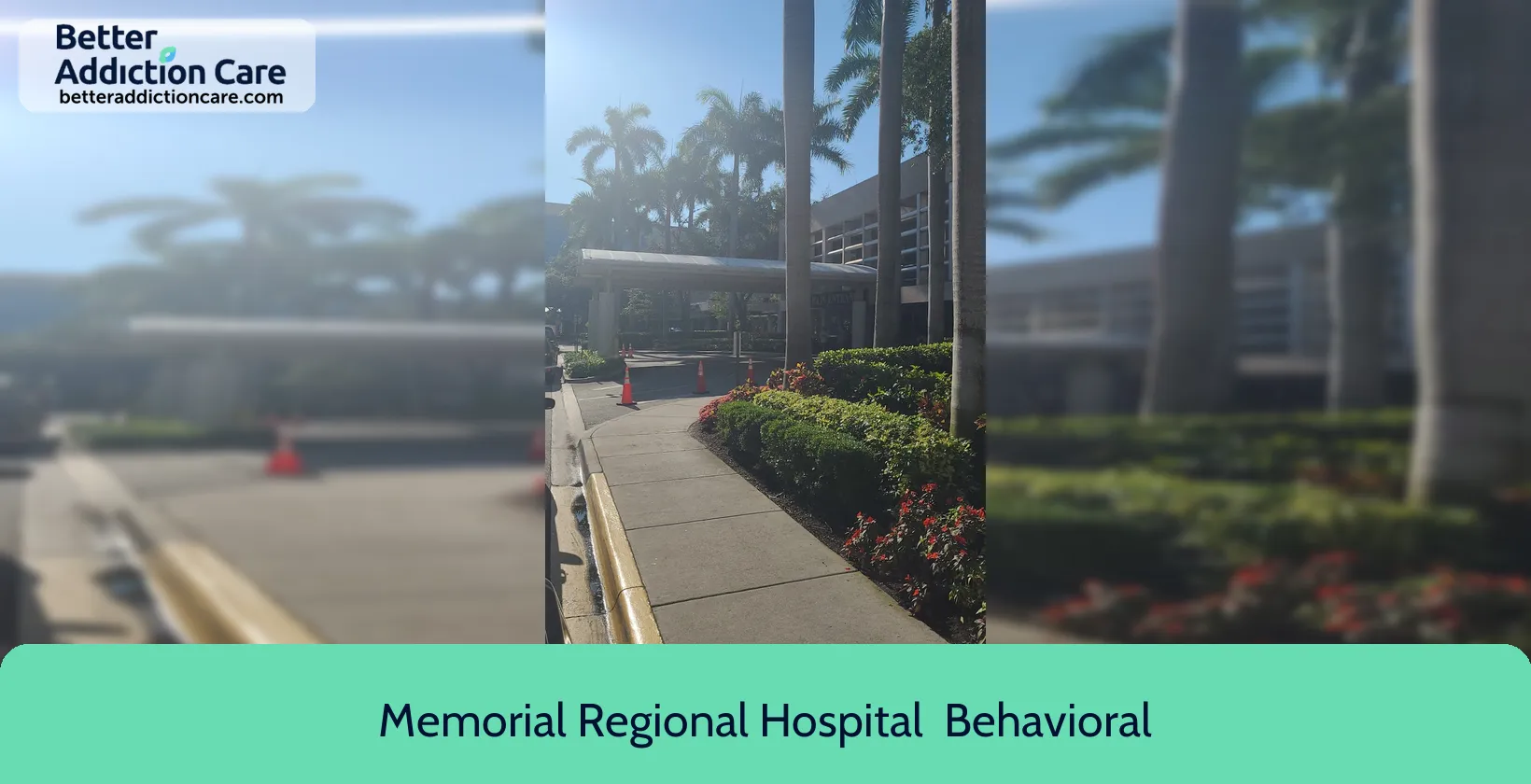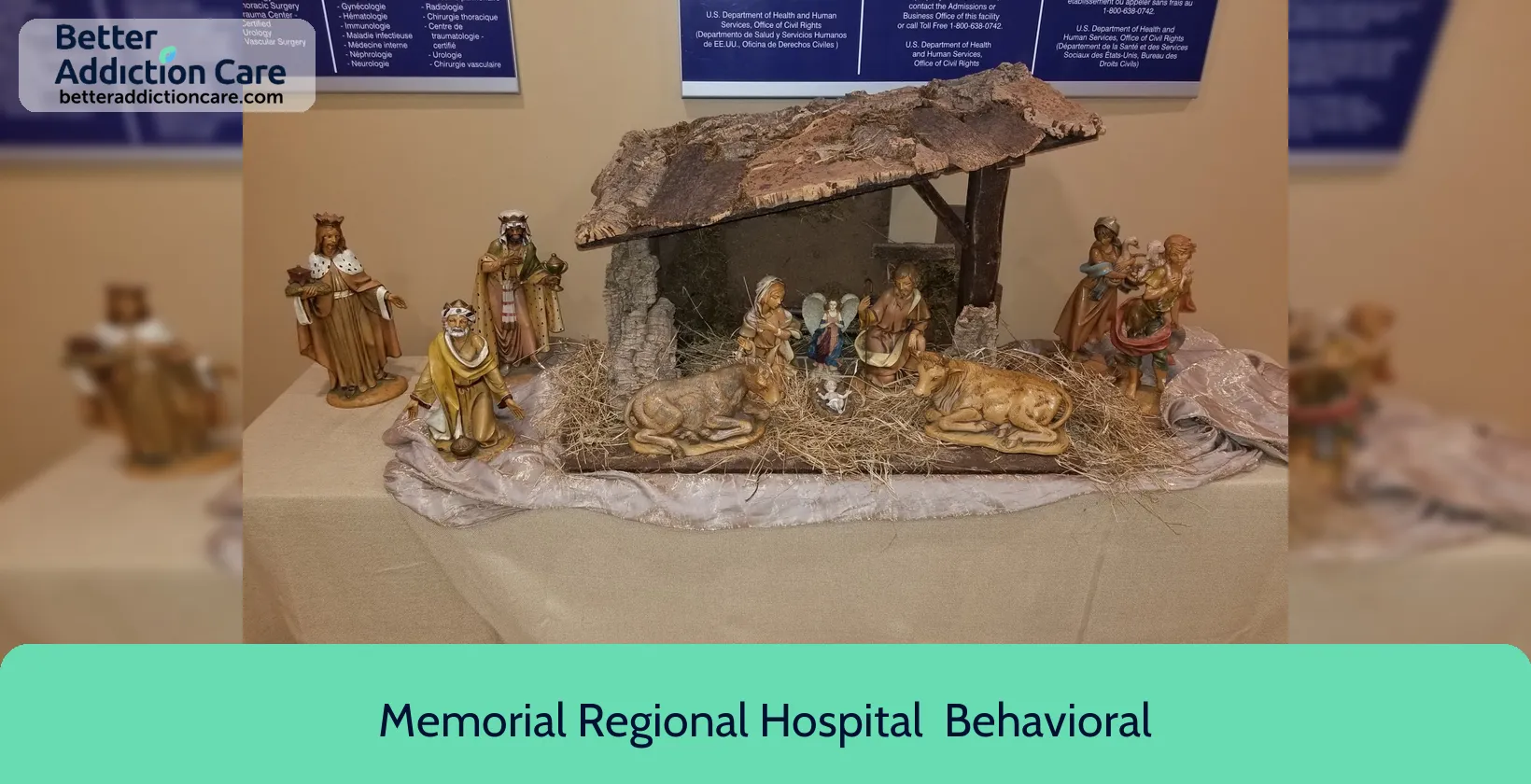Memorial Regional Hospital - Behavioral Health
Overview
Memorial Regional Hospital - Behavioral Health is a mental health treatment center for people seeking treatment near Broward County. As part of their treatment modalities for recovery, Memorial Regional Hospital - Behavioral Health provides family counseling, individual psychotherapy, and dialectical behavior therapy during treatment. Memorial Regional Hospital - Behavioral Health is located in Hollywood, Florida, accepting county or local government funds for treatment.
Memorial Regional Hospital - Behavioral Health at a Glance
Payment Options
- County or local government funds
- Medicaid
- Other State funds
- Private health insurance
- Cash or self-payment
Assessments
- Comprehensive mental health assessment
- Comprehensive substance use assessment
- Screening for tobacco use
Age Groups
- Adults
- Young adults
- Seniors or older adults
- Children/adolescents
- Seniors
Ancillary Services
- Diet and exercise counseling
- Family psychoeducation
- Integrated primary care services
- Suicide prevention services
Highlights About Memorial Regional Hospital - Behavioral Health
6.83/10
With an overall rating of 6.83/10, this facility has following balanced range of services. Alcohol Rehabilitation: 8.00/10, Drug Rehab and Detox: 6.00/10, Insurance and Payments: 6.00/10, Treatment Options: 7.33/10.-
Alcohol Rehabilitation 8.00
-
Treatment Options 7.33
-
Drug Rehab and Detox 6.00
-
Insurance and Payments 6.00
Treatment At Memorial Regional Hospital - Behavioral Health
Treatment Conditions
- Mental health treatment
- Substance use treatment
- Co-occurring Disorders
- Alcoholism
Care Levels
- Outpatient
- Hospital inpatient/24-hour hospital inpatient
Treatment Modalities
- Family counseling
- Individual psychotherapy
- Dialectical Behavior Therapy
- Group counseling
- Experiential Therapy
Ancillary Services
Languages
- Sign language services for the deaf and hard of hearing
Additional Services
- Pharmacotherapies administered during treatment
- Mentoring/peer support
- Metabolic syndrome monitoring
Special Programs
- Clients with HIV or AIDS
- Clients who have experienced trauma
- Clients with co-occurring mental and substance use disorders
- Persons 18 and older with serious mental illness (SMI)
Get Help Now
Common Questions About Memorial Regional Hospital - Behavioral Health
Contact Information
Other Facilities in Hollywood

7.59

6.62

7.49

7.40

7.03

7.03
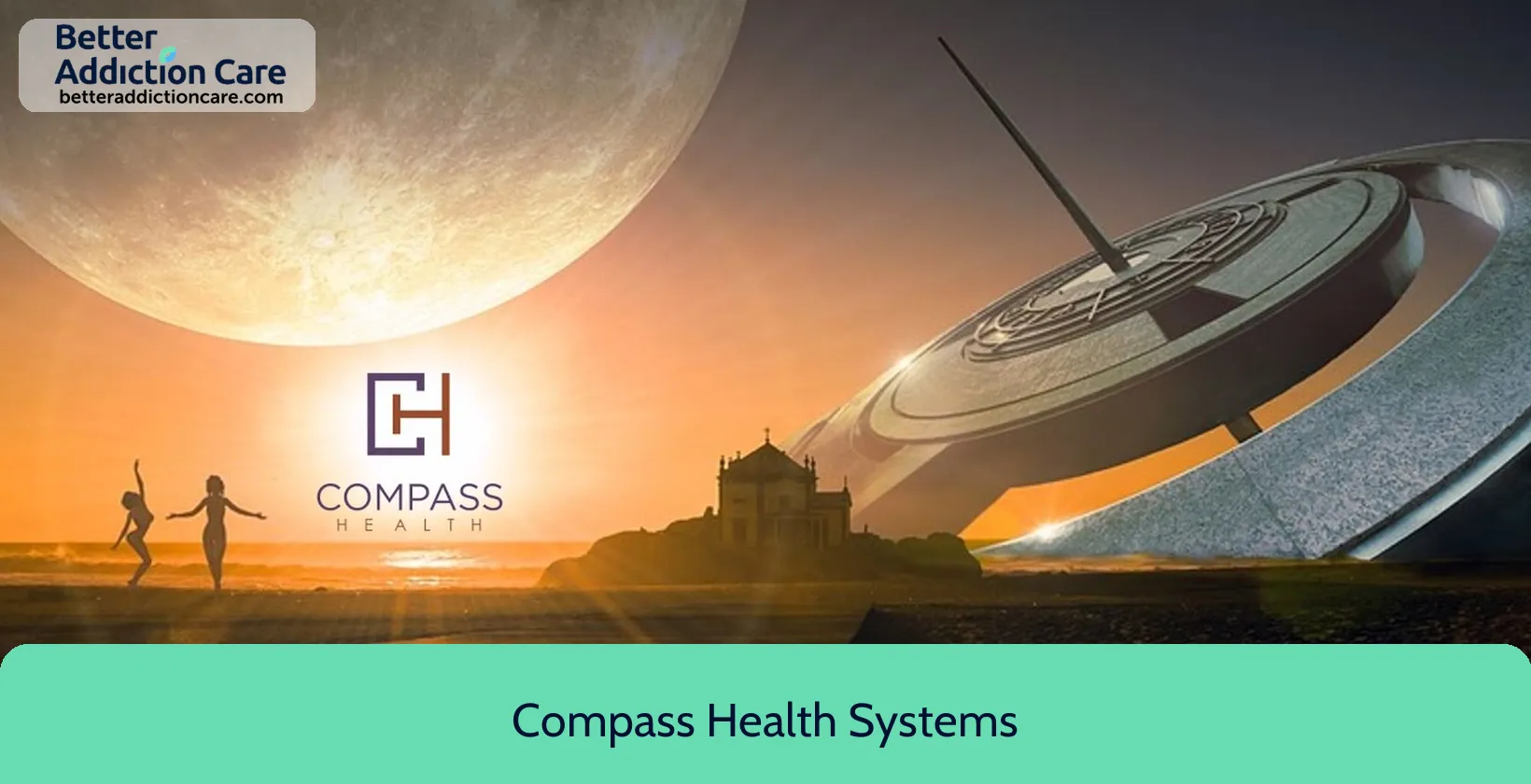
6.65
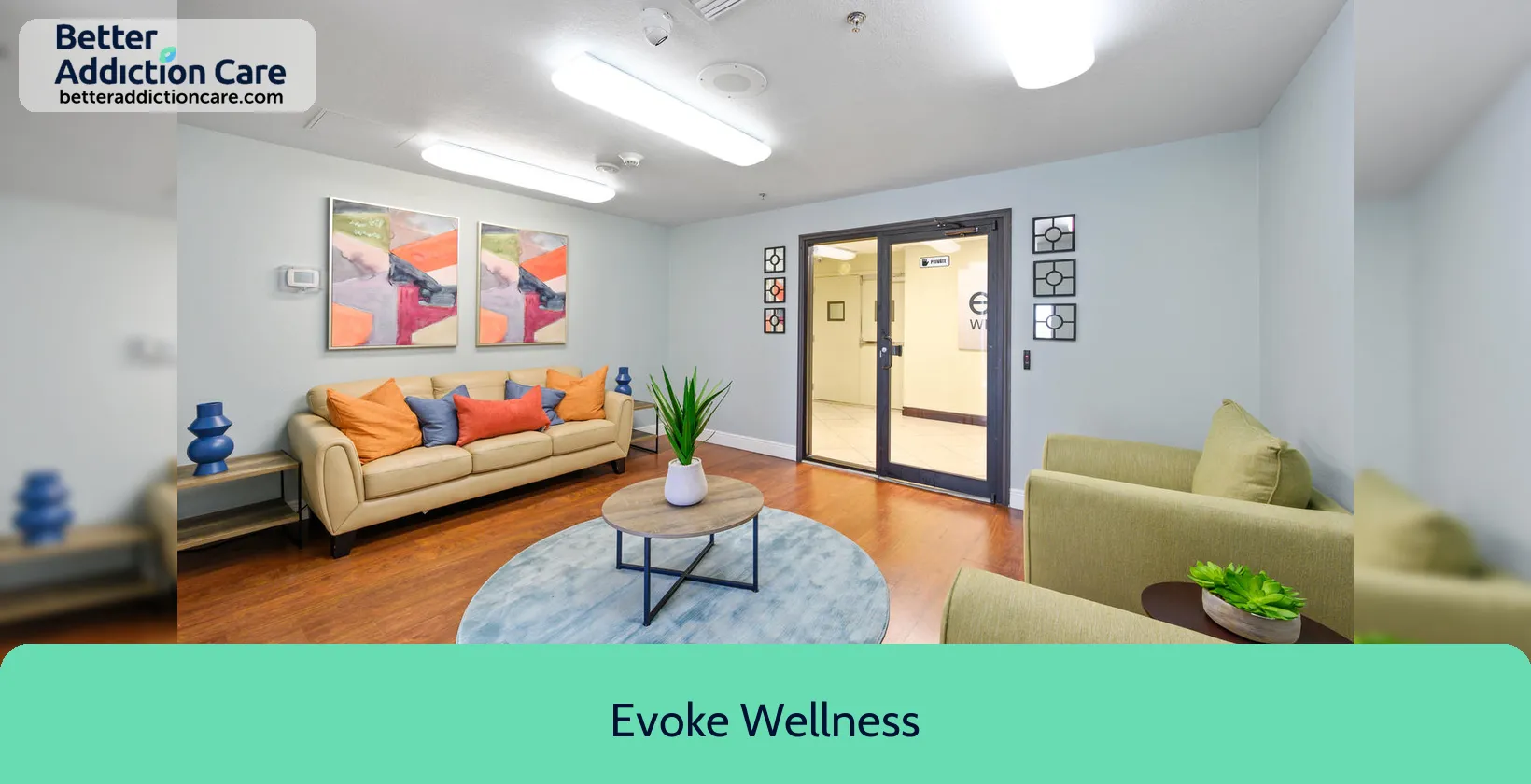
6.82
DISCLAIMER: The facility name, logo and brand are the property and registered trademarks of Evoke Wellness, and are being used for identification and informational purposes only. Use of these names, logos and brands shall not imply endorsement. BetterAddictionCare.com is not affiliated with or sponsored by Evoke Wellness.
